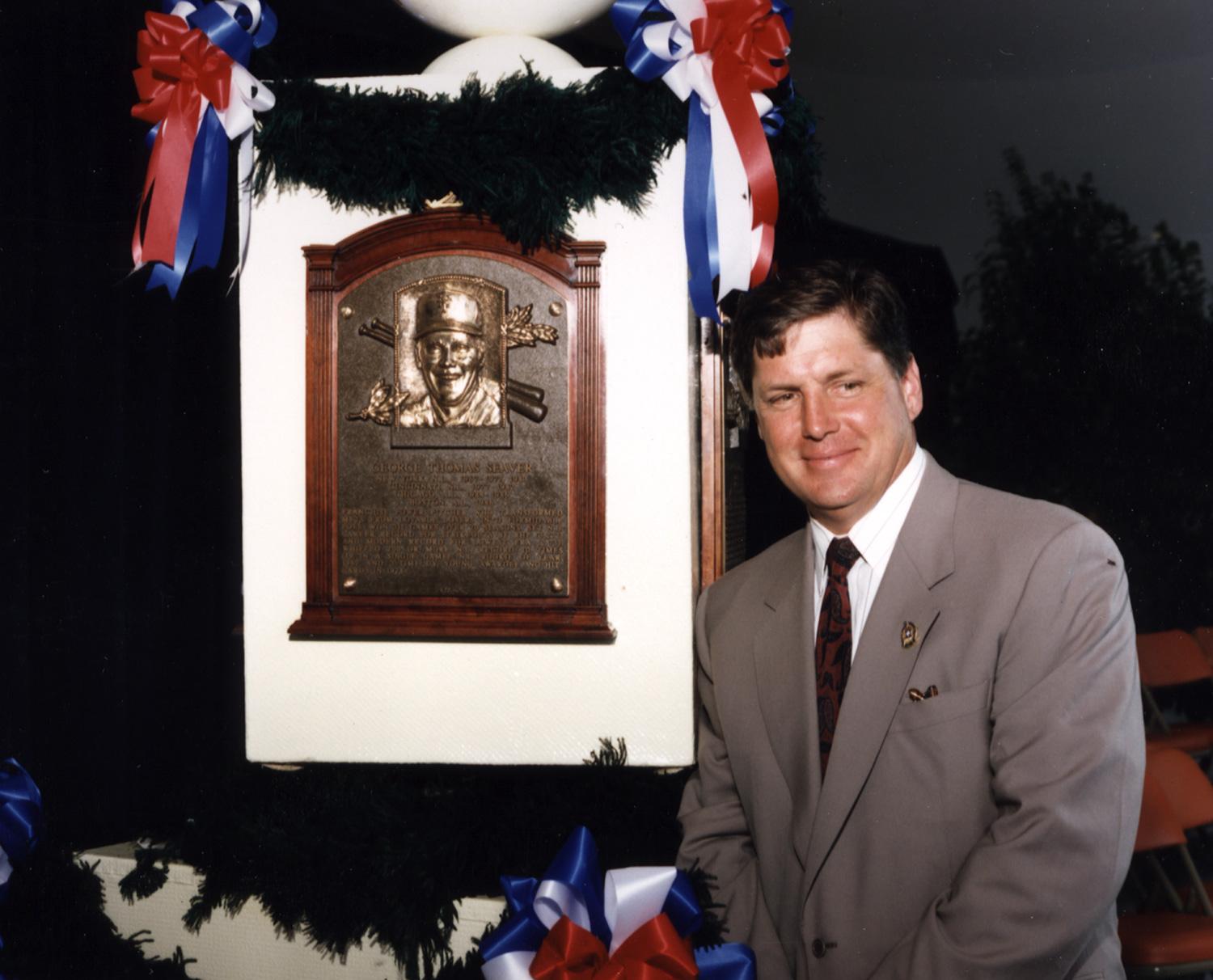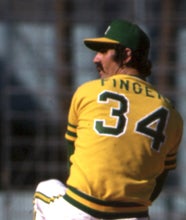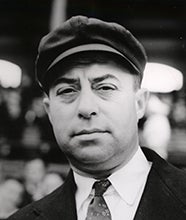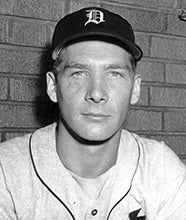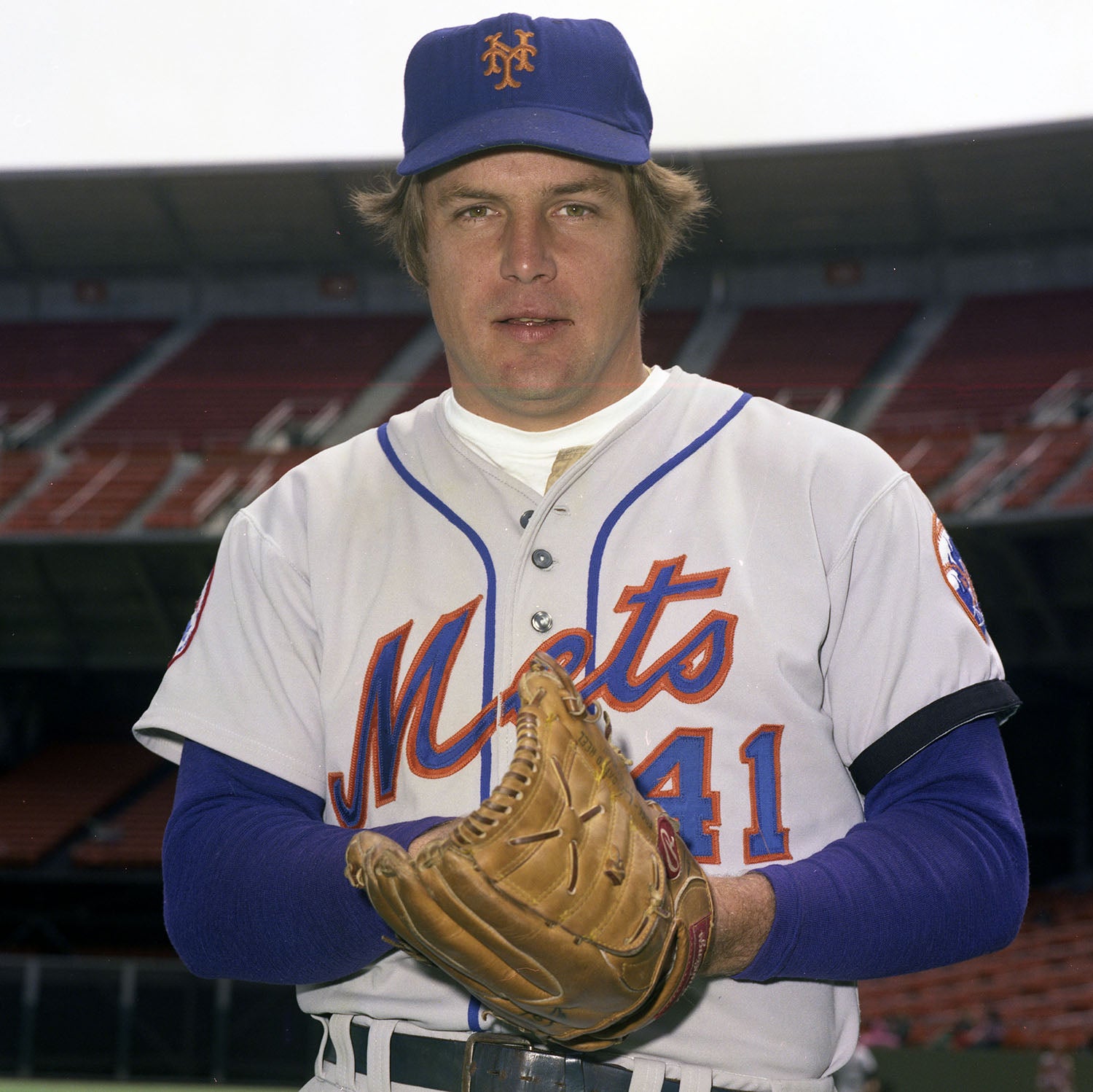- Home
- Our Stories
- Fingers, McGowan, Newhouser and Seaver are inducted into the Hall of Fame
Fingers, McGowan, Newhouser and Seaver are inducted into the Hall of Fame
"In baseball, my theory is to strive for consistency, not to worry about the numbers,” Tom Seaver once said. “If you dwell on statistics you get shortsighted, if you aim for consistency, the numbers will be there at the end."
For Seaver, the numbers were undoubtedly there.
On Aug. 2, 1992, in front of 20,000 fans, Seaver went into the Hall of Fame with 98.8 percent of the vote, the highest percentage in history at that time. He was joined by reliever Rollie Fingers, lefty pitcher Hal Newhouser and the iron man of umpires, Bill McGowan, who was inducted posthumously.
“The Franchise”, as Seaver was nicknamed, became the 23rd player elected to the Hall of Fame on his first appearance on the Baseball Writers’ Association of America ballot. Seaver spent the majority of his playing career with the New York Mets, winning the World Series with the team in 1969. During the 1969 season Seaver accounted for a fourth of his team’s wins with a record of 25-7. And the wins kept coming.
Hall of Fame Membership
There is no simpler, and more essential, way to demonstrate your support than to sign on as a Museum Member.
The 12-time All-Star and three-time Cy Young Award winner would record his 300th career victory on Aug. 4, 1985, as a member of the Chicago White Sox, putting him among baseball’s elite.
While Seaver’s job was to start games, it was Rollie Fingers’ job to finish them.
Fingers, the 1981 AL MVP and Cy Young Award winner, helped revolutionize what it meant to come out of the bullpen and did so with baseball’s most recognized mustache.
“With Fingers, you know exactly what you’re going to get, just about every time out,” Hall of Fame manager Sparky Anderson once said.
A seven-time all-star, Fingers ended his career with 341 saves, finishing as the leader in the category at the time of his retirement. Fingers was a key part of the Oakland dynasty of the 1970s, which won three consecutive World Series from 1972-1974. He pitched in 16 World Series games, saving six and winning two for the Athletics.
Fingers walked away from baseball having set the bar for every closer to come after him. He became just the second reliever to be enshrined in Cooperstown with his election in 1992.
While neither Seaver nor Fingers ever won pitching’s Triple Crown – leading the league in wins, strikeouts and ERA in the same year – their Hall of Fame class member Hal Newhouser did. Newhouser won the Triple Crown in 1945, becoming the first pitcher ever to be named the MVP in back-to-back seasons and leading the Tigers to a World Series victory.
Retiring with four 20-win seasons, Newhouser was an intense competitor on the mound.
(Bottom row, from left to right): Tom Seaver, Rollie Fingers and Hal Newhouser pose with images of their bronze plaques following the 1992 Induction Ceremony. In the top row, (from left to right) are Chairman of the Board Ed Stack, Bill McGowan Jr. and Commissioner Fay Vincent. (Milo Stewart Jr. / National Baseball Hall of Fame and Museum)
“You couldn't get the ball away from him -- he hated to be pulled from a game,'' former Tigers catcher Joe Ginsberg said about Newhouser.
Umpire Bill McGowan personified that never quit attitude during his tenure umpiring major league games. Nicknamed “No. 1,” McGowan began umpiring in the American League in 1925. One of the games’ best during his 30 year career, McGowan was on the crew for the very first All-Star Game in 1933 and worked eight World Series before retiring in 1954.
He did not miss a game from 1925 to Sept. 3, 1940, totaling 2,532 games umpired during the span. Even though he was known for his fiery attitude, McGowan rarely threw out players or managers.
“Make the players and managers respect your hustle,” McGowan once said. “Keep on top of plays. Always try to give a manager or player a civil answer. Then walk away, tough.”
McGowan was just the seventh umpire to be inducted into the Hall of Fame. He passed away on Dec. 9, 1954.
The four inductees were honored at the very first induction ceremony at the Clark Sports Center in Cooperstown, making it the first ceremony not held in front of or adjacent to the Hall of Fame.
Cady Lowery was a public relations intern in the Frank and Peggy Steele Internship Program at the National Baseball Hall of Fame and Museum
Related Stories
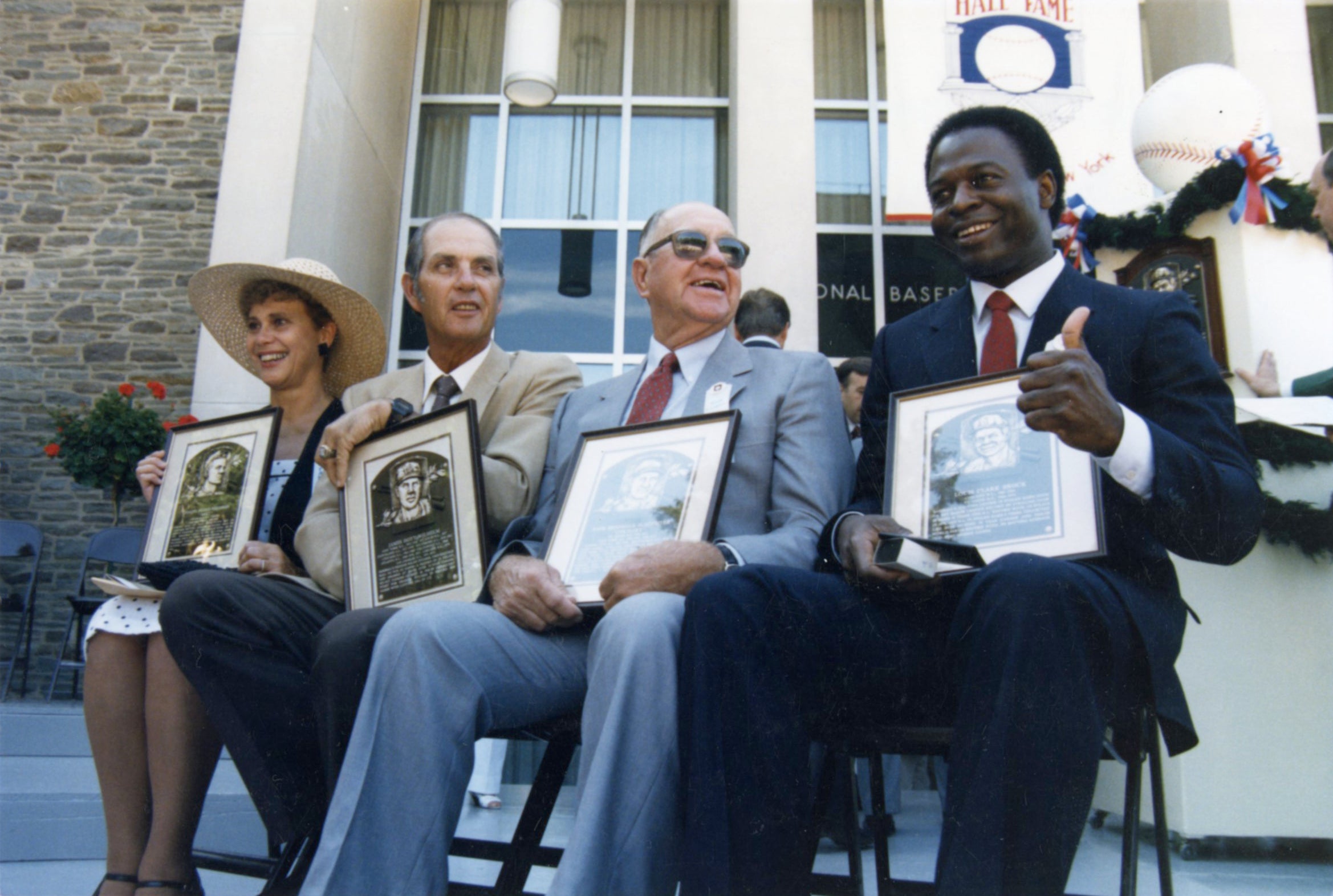
Lou Brock and Hoyt Wilhelm elected to the Hall of Fame
Kaline, Snider, Klein, Yawkey are Inducted as Class of 1980
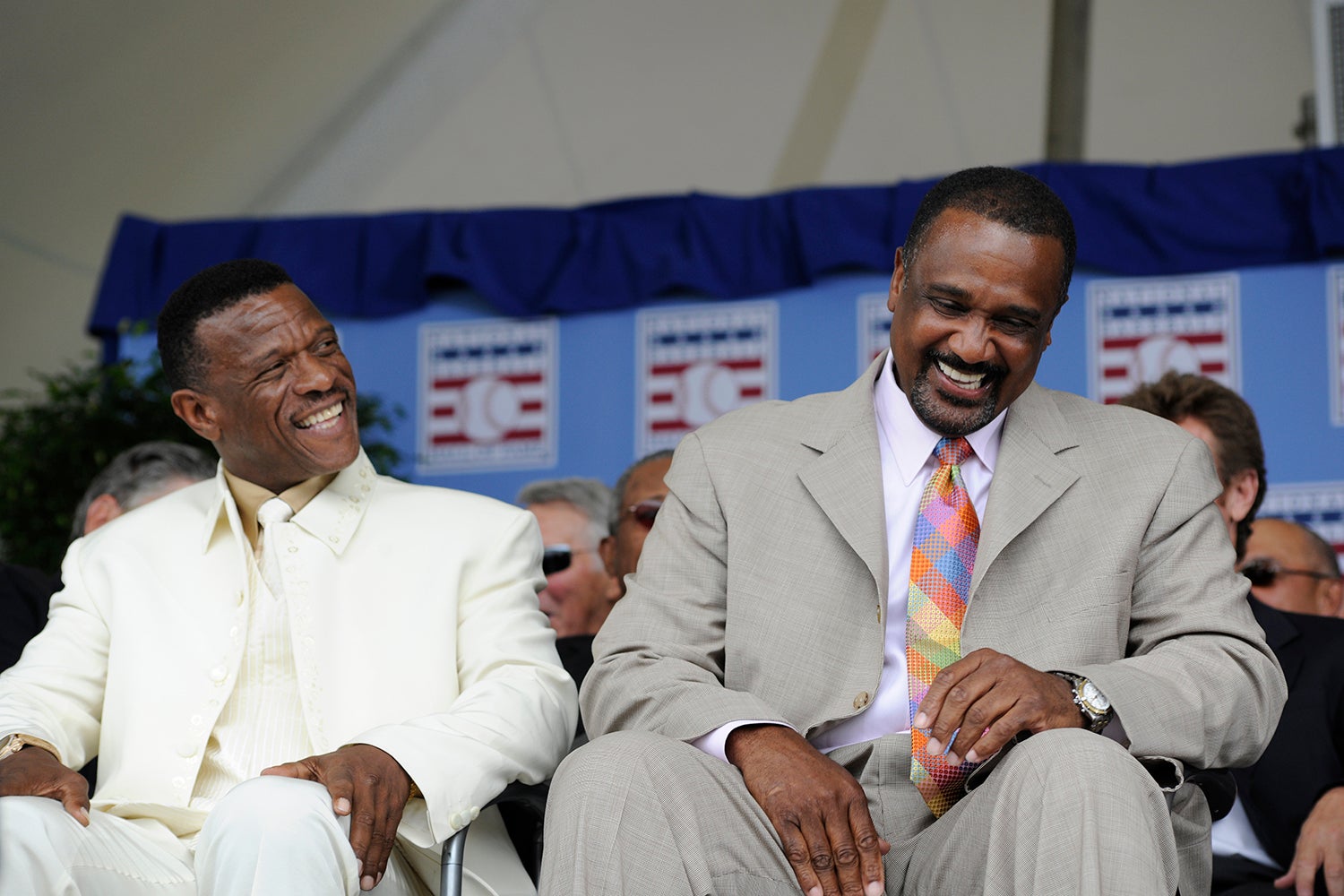
Henderson, Rice and Gordon are inducted into the Hall of Fame
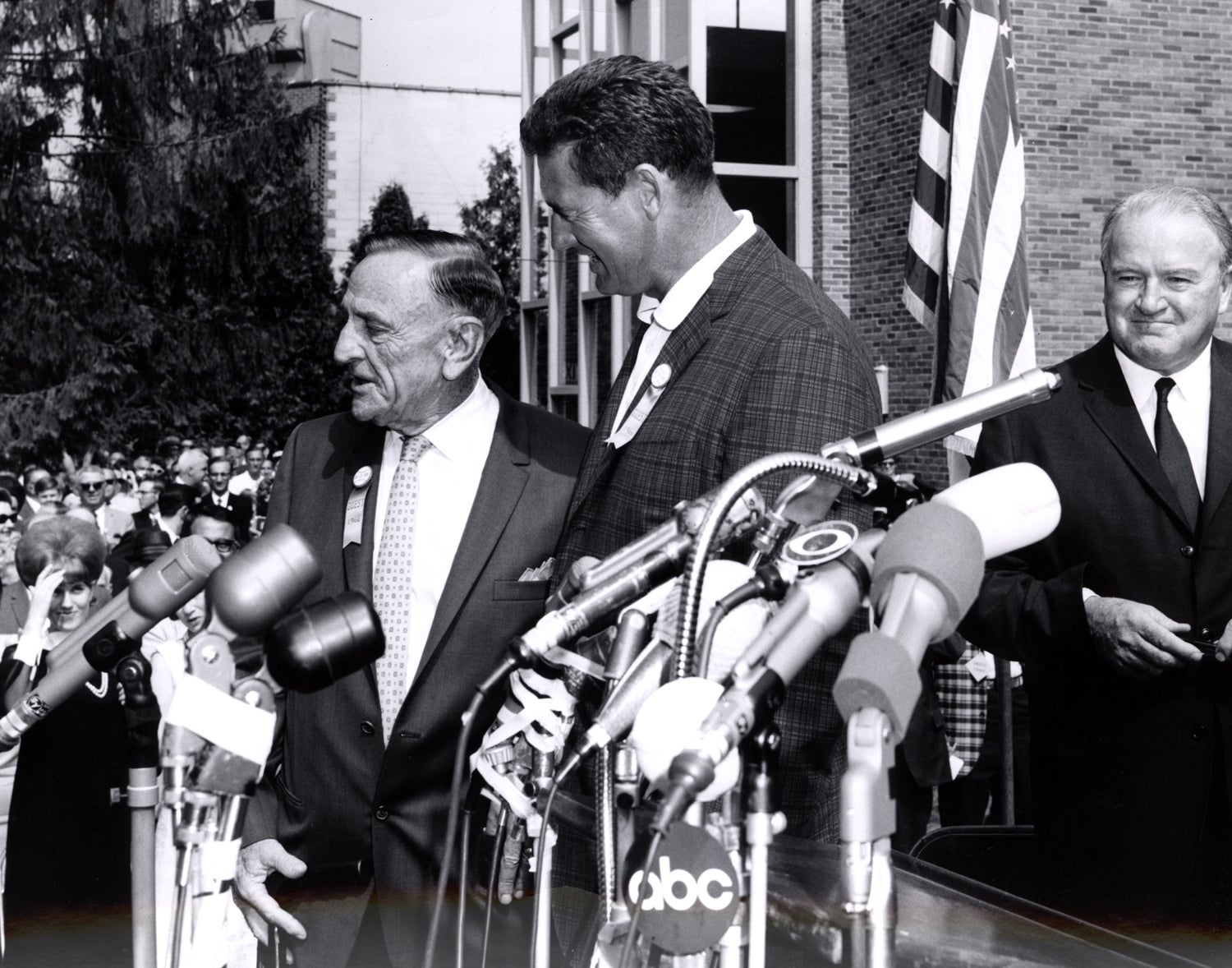
Ted Williams and Casey Stengel are inducted into the Hall of Fame

Lou Brock and Hoyt Wilhelm elected to the Hall of Fame
Kaline, Snider, Klein, Yawkey are Inducted as Class of 1980

Henderson, Rice and Gordon are inducted into the Hall of Fame



